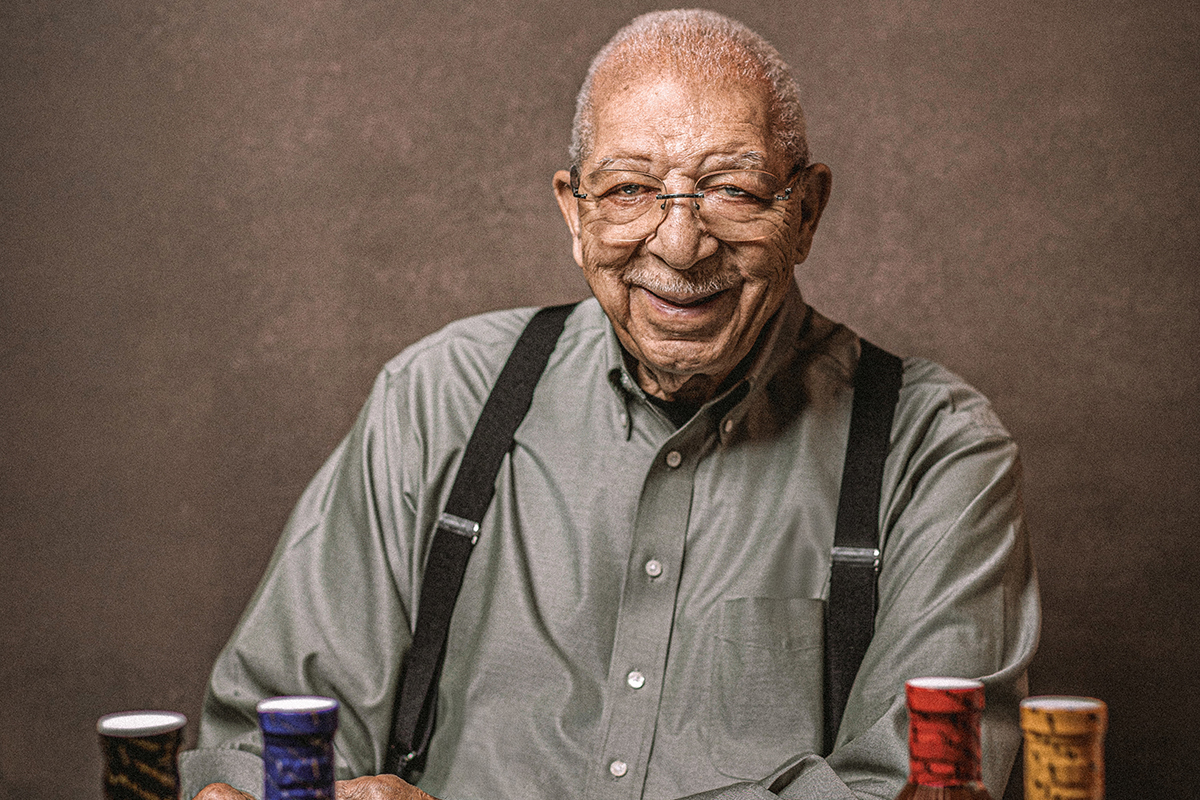
As of mid-January there were already eight homicides in Kansas City. If that rate continues, the number of homicides at the end of the year will hit one hundred and eighty.
Gun violence is a growing epidemic in Kansas City, with 2019 seeing one hundred and forty-eight murders. That’s up a dozen from 2018 but down from 2017’s record-breaking one hundred and forty-nine.
In order to grapple with this surge of murders, the city turned to two Los Angeles experts, detective John Skaggs and District Attorney John Colello. The consultants evaluated KCPD’s homicide unit and gave the city a twelve-page memo recommending changes, which Kansas City magazine obtained through a public records request.
“We believe that an increase in staffing of homicide investigations will bring us more on par with the recommendations of caseload from the consultant’s assessment report,” KCPD chief Richard Smith tells Kansas City. “We hope that caseload will have a positive impact on case clearances and bring our clearance rate up to and above the national average.”
Here are the seven suggestions from the consultants, only two of which are currently being implemented.
Beef Up Staffing
KCPD is already moving to add eight new detectives to the homicide force in the hopes of lessening the annual caseload for any single detective to five.
Eliminating Signed Miranda Waivers
Getting suspects to sign a Miranda rights waiver can go awry, according to the consultants. Asking a suspect to sign an official document decreases the chances of them confessing. Instead, they suggest implied waivers in audio and video recordings. Last August, KC police changed to verbal Miranda warnings.
Case Assignments
The more time detectives have between cases, the higher the solve rate. More homicide personnel minimizes the chance that a detective is assigned more than one murder case during a rotation.
‘Murder Book’
Although this sounds like the name of a true crime podcast, the Murder Book is a standardized way of filing cases which smooths out the investigation and report-writing process.
Ninety-Day Investigation Report
If a case is unsolved after ninety days, detectives and supervisors will meet one-on-one to develop a game plan.
Develop a Witness Protection Program
At the moment, Kansas City has no witness protection program below the federal level. In the past, KCPD detectives have used their own money to fund witness protection costs, like relocation, housing and living expenses and new identity costs.
Pay the Detectives
Right now, KCPD’s homicide detectives are at the same pay grade as a regular patrol officer writing your speeding tickets. The assessment recommends that detectives investigating murders be paid an elevated salary equal to a sergeant.




